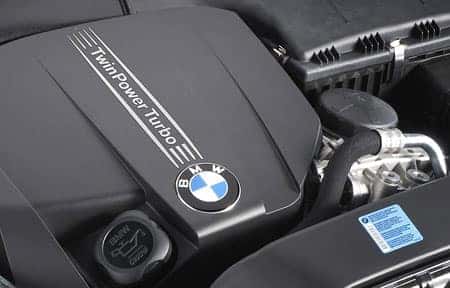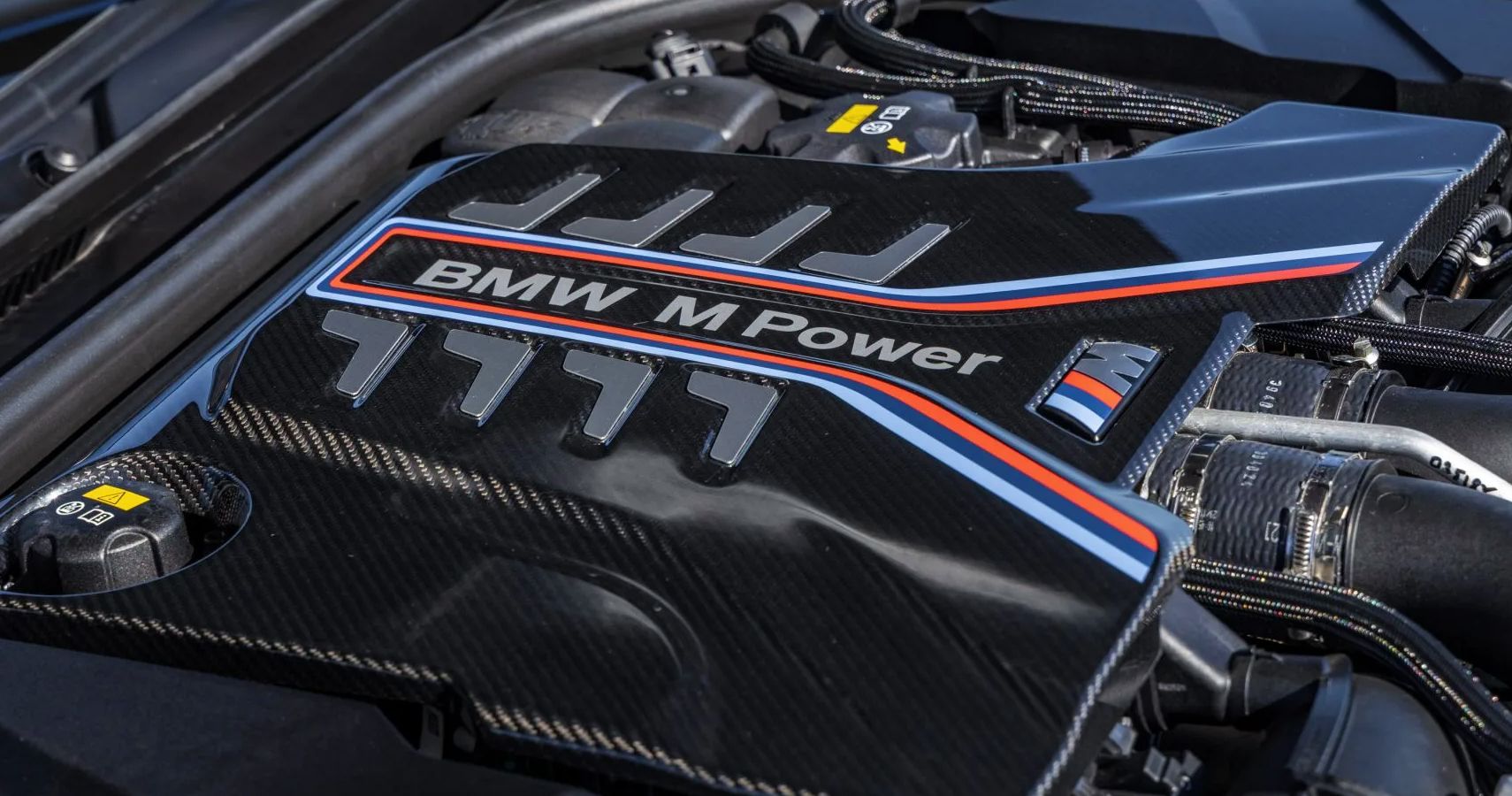The Duty of BMW Engine Style in Getting Exceptional Fuel Effectiveness
The Duty of BMW Engine Style in Getting Exceptional Fuel Effectiveness
Blog Article
Introducing the Intricacies of Next-Generation Power Units: a Deep Dive Into Advanced Engine Styles and Innovations
In the realm of vehicle design, the unrelenting quest of efficiency, performance, and sustainability has moved the development of power units to unprecedented elevations. As we stand on the precipice of a brand-new age in transportation, the complexities of next-generation engine designs bid us to explore the cutting-edge technologies and technologies that guarantee to redefine the driving experience. From sophisticated materials that press the limits of durability and weight reduction to innovative turbocharging and turbo charging systems that raise power output to brand-new degrees, each part of these power systems holds an essential to unlocking the future of automotive design. Digging deeper into the worlds of discharge control, intelligent engine management systems, and the horizon of power unit development, we find ourselves on the cusp of a transformation that assures to improve the landscape of wheelchair as we understand it.
Advancement of Engine Materials

The shift towards advanced engine products has actually also allowed designers to design engines with greater power outputs while preserving gas effectiveness criteria. As an example, the use of light-weight materials decreases the total weight of the engine, leading to boosted fuel economy and lower emissions. In addition, developments in products innovation have actually enabled much better thermal monitoring within engines, causing boosted dependability and long life.
Turbocharging and Supercharging Technologies
Just How do Turbocharging and Supercharging Technologies transform engine efficiency and effectiveness in contemporary automobiles? Supercharging and turbocharging are technologies that significantly improve engine performance by raising the quantity of air intake right into the combustion chamber. Turbocharging attains this by using a turbine driven by exhaust gases to pressurize the consumption air, while supercharging makes use of a belt- or chain-driven compressor to achieve the very same impact.
These technologies make it possible for smaller, more fuel-efficient engines to produce power comparable to bigger ones, understood as downsizing. By forcing even more air right into the cylinders, turbocharging and turbo charging boost combustion effectiveness, resulting in boosted horse power and torque output without a substantial increase in engine size. This leads to much better velocity, pulling ability, and general driving efficiency.
Moreover, turbocharging and turbo charging add to enhanced gas efficiency by enabling the usage of smaller engines that take in less gas under normal driving problems - bmw engine. This mix of enhanced performance and effectiveness has actually made turbocharging and supercharging integral parts of many contemporary engine designs
Discharge Control and Environmental Influence
With increasing worldwide problems concerning air top right here quality and environmental sustainability, the application of emission control innovations in vehicles plays a crucial role in lowering harmful pollutants launched right into the atmosphere. Modern lorries are geared up with innovative emission control systems that help lessen the ecological impact of auto procedures. Catalytic converters, for example, are designed to convert toxic gases such as carbon monoxide gas, nitrogen oxides, and hydrocarbons into less dangerous substances like carbon dioxide and water vapor.
Moreover, developments in engine innovation, such as the assimilation of exhaust gas recirculation systems and discerning catalytic reduction, have considerably added to lowering emissions. These technologies function in tandem to maximize combustion efficiency and minimize the launch of dangerous contaminants into the air. Additionally, the growth of crossbreed and electric vehicles stands for a crucial action in the direction of minimizing the general environmental impact of the transport field.
Intelligent Engine Monitoring Solution

Moreover, these systems allow vehicles to satisfy strict emissions criteria without jeopardizing performance, providing an extra ecologically friendly driving experience. The combination of man-made knowledge and equipment discovering abilities in engine management systems continues to press the limits of what is feasible, leading to additional improvements in effectiveness, integrity, and general lorry performance. bmw engine. As vehicle technology developments, smart engine management systems will certainly play an important duty fit the future of transport in the direction of an extra reliable and sustainable direction
Future Trends in Power System Growth
As intelligent engine administration systems lead the way for enhanced control and optimization in contemporary lorries, future trends in power unit advancement are poised to redefine the landscape of auto propulsion modern technologies. One of the crucial fads driving development in power device development is the shift towards electrification. With a boosting emphasis on sustainability and reducing carbon emissions, crossbreed and electrical powertrains are ending up being extra prevalent in the vehicle sector. These different power sources provide enhanced performance and efficiency while straightening with rigorous ecological laws.
Another substantial fad is the assimilation of innovative products and producing methods. Light-weight materials such as carbon fiber and aluminum are being utilized to reduce overall lorry weight, enhancing gas efficiency and efficiency. Furthermore, innovations in 3D printing and additive manufacturing are making it possible for the see this site production of intricate engine elements with higher accuracy and durability.
In addition, fabricated intelligence and artificial intelligence are playing a vital role in maximizing power system performance. These innovations enable real-time surveillance and adaptive control, leading to a lot more efficient and trusted power shipment. Overall, future patterns in power device advancement are tailored towards performance, performance, and sustainability, driving the automobile market in the direction of a new age of propulsion modern technologies.

Final Thought
In conclusion, the innovations in engine materials, turbocharging, emission control, and intelligent administration systems have paved the means for next-generation power units. The elaborate styles and advancements in modern-day engines display the ongoing development of auto technology.
Checking out the modern innovations in engine products has actually been pivotal in enhancing the performance and effectiveness of contemporary engines. Over the years, the advancement of engine products has played a crucial duty in pushing the limits of what engines can attain.The change in the direction of progressed engine products has actually additionally made it possible for designers to create engines with greater power outcomes while preserving fuel effectiveness requirements.The implementation of intelligent engine management systems in modern vehicles has actually changed the means engines are regulated and maximized for efficiency and effectiveness. By gathering information in real-time and analyzing it with sophisticated formulas, smart engine administration systems can adapt to driving styles, ecological variables, and engine wellness to take full advantage of power outcome while reducing fuel intake and discharges.
Report this page